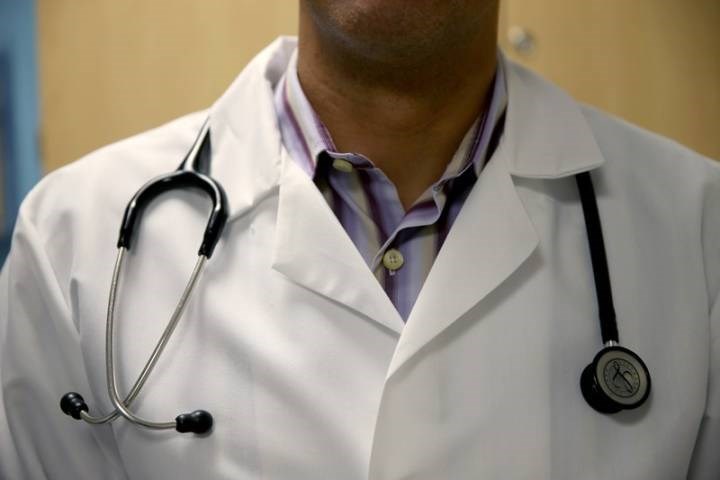LAKELAND - A new partnership between the province’s leading medical school and First Nation communities in and around the Lakeland region will see increased medical opportunities in rural Alberta.
Last month, a partnership between the University of Alberta and Tribal Chiefs Ventures Inc. which represents Beaver Lake Cree Nation, Cold Lake First Nation, Frog Lake First Nation, Heart Lake First Nation, Kehewin Cree Nation, and Whitefish Lake First Nation No. 128, created a Memorandum Relationship Agreement (MRU) to begin training more indigenous physicians and medical professionals while improving the quality of health care indigenous people receive.
The partnership aims to recruit more First Nations, Inuit and Métis applicants into medical programs across the university. The partnership agreement also encourages Indigenous values in the curriculum led by Wayne Clark, the executive director of the university’s Indigenous Health Initiatives Program in the Faculty of Medicine & Dentistry.
The MRU, says Cameron Alexis, the chief executive officer of Tribal Chiefs Ventures, came about from discussions that happened last summer when Clark visited northern indigenous communities to discuss health care needs and to bridge a real working relationship.
“He came here last summer and we were introduced. We started having a discussion about more indigenous student's and creating opportunities” for them at institutions across the province, Alexis said. “We sat down and started talking about the potential for an MRU and he presented to the chiefs and we all spoke and started working on this concept about looking at recruiting Indigenous people from the nations to get in to the fields of expertise from physicians, psychologists, psychiatrists, nurse practitioners, RNs, dentists and others.”
The work on behalf of Clark—who is also an Inuk member of the Nunavut Land Claim Agreement—has been a positive venture for northern indigenous communities who desperately need accredited individuals who identify with the needs of indigenous groups leading the way, he said.
“We know there is a void in the remote areas for our people and we need to participate…it’s so important, it's one of our own people that is actually leading this initiative with us. Not only is he leading this opportunity, but he has the acumen to lead as well,” he said among the other Indigenous educators at the university and board members who made it happen.”
Better service
While having indigenous people gain experience in the medical field provides opportunities, it also creates avenues for Indigenous patients to receive care from someone who understands their needs through language, culture and practices, said Alexis.
“It would absolutely be positive. First, it’s our own people and they can relate to our culture, spirituality, customs and traditions. Also, the language barriers have a potential to be reduced to provide better care.”
Getting the message out
Although, there are indigenous doctors in the province and the region who practice in Indigenous communities, better recruitment processes need to happen all across Canada to target Indigenous needs on reserves and remote communities, said Alexis.
“My challenge to other accredited institutions is our people are here, we can learn this too but we need that push. Often times they do recruiting sessions but they go to the local towns and put up a display in the hall, but most native people rarely attend those functions because it’s not on the reserves; recruitment has to be better,” Alexis said.
However, chiefs and indigenous communities everywhere also need to do their part to build a working relationship with institutions in order to provide opportunities for their members because health care issues are real and opportunities won’t just show up, he said.
“The chiefs here absolutely support this partnership because they all know—especially in the rural areas—that remote and indigenous communities that we are starting to have issues with doctors, nurses and other accredited medical human resources…we call upon other indigenous groups to begin their steps within their respective treaty areas to start doing the same and do better.”
Ultimately, Alexis hopes that this MRU will not only encourage other universities and indigenous groups to create similar agreements, but to also spark a conversation in other fields that need to work with and include indigenous people.
“It’s not just industry, changes in the public service sector need to happen. We are here and we need gainful employment, we need to be educated…please look at our people for success in Canada. Where here and we’re not going away. Work with us, teach us, educate us so that we can contribute in good way.”
More information on the program will be available on the University of Alberta’s website as the details roll out.



